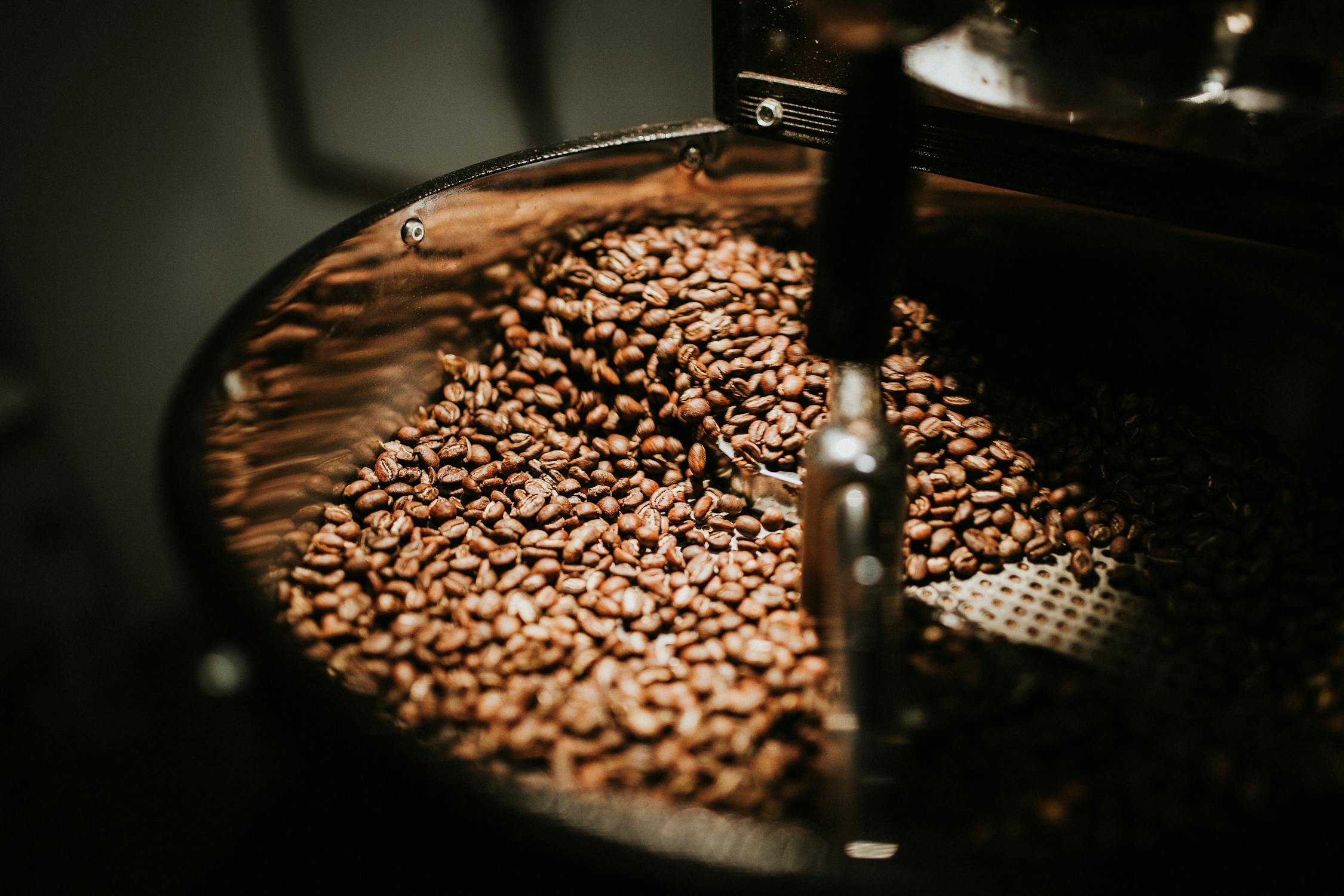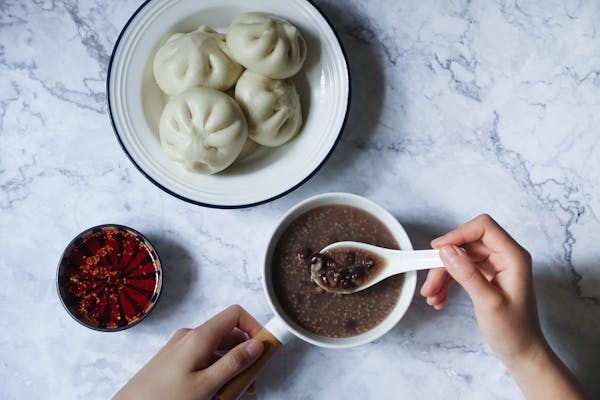[ad_1]
All-around the world, we function with communities and food items producers who deeply benefit their romance with—and their ideal to manage—the lands and waters where they reside. To guidance them in driving and utilizing options, we need to have to link community situations to world-wide forces, and to construct bridges involving civil society, federal government, and the private sector to innovate marketplace-dependent, sector-huge solutions.
We can transform our food stuff creation systems for the superior by rethinking our community insurance policies, halting forest conversion for food items creation, and safeguarding our freshwater devices and pure habitats to preserve significant landscapes and the ecosystem services they provide.
Supporting much more regenerative agricultural techniques will lower greenhouse gas emissions, strengthen h2o high quality and utilization, and be certain we’re losing considerably less. And by supporting to make extra equitable, sustainable food techniques, we can also alleviate food insecurity, particularly in communities that depend on agriculture for their livelihoods.
In the course of all these efforts, we will have to stay aware that, as with the Sicangu Lakota, operate that supports local and Indigenous individuals as stewards of their very own land is the way to safe resilient methods that last—and that innovation is not only about high-tech devices and satellite know-how (even though individuals make a difference as well see internet pages 48–49). Innovation is also about listening to people today, discovering from their wisdom and ordeals, and developing authentic partnerships that support them.
We’re getting the same approach outside the Northern Good Plains, as agricultural encroachment in spots like the Amazon, Africa’s Kavango Zambezi landscape, and Southeast Asia threatens biodiversity hot places devoid of resolving people’s food stuff safety issues.
Our achievement won’t be received by a one undertaking, apply, or innovation. We need to have a shared vision and a portfolio of scaled innovations, methods, and assignments to rework our existing foodstuff devices and produce favourable results for meals stability, livelihoods, and justice and equity in nature’s limits—always with men and women at the heart of our eyesight.
There are so quite a few options to push innovation, achieve efficiencies, raise efficiency, and companion with people—if we shift our concentration and perform collectively to do so.
As senior vice president for freshwater and meals at WWF-US, Melissa D. Ho drives transformational initiatives that improve the sustainability of agricultural units and h2o conservation for the gain of persons and ecosystems.
[ad_2]
Supply backlink






